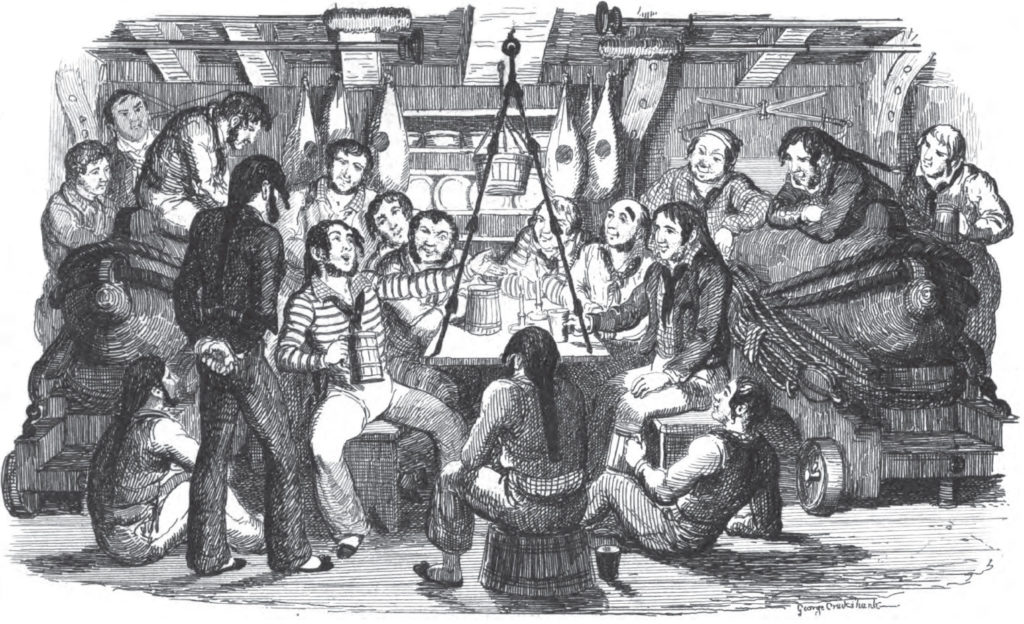Education Meets Entertainment at Profs and Pints

By Jillian Amodio
Did you ever take a college course or sit through a lecture or seminar that had your eyes glazing over, and your mind wandering? A new lecture series has come to Annapolis that is dedicated to changing the narrative of what education looks like and where it takes place.
Profs and Pints brings college faculty to unique settings such as bars, restaurants, and office buildings where they can share their expertise with audiences who are fascinated by the content, but may not otherwise have access to it in an educational institution.
Profs and Pints topics span a wide range of interests from local history and trends in business or politics, to current events and talks on gender, sexuality, and human rights. CEO and founder Peter Schmidt spent 30 years as a reporter covering education. His inspiration for Profs and Pints grew from the realization that many Americans lack the financial capabilities to afford access to higher education. The format not only expand access to knowledge, but it also provides a unique opportunity for couples, friend groups, or individuals to engage in something a little different when seeking options for entertainment or a night out.
Last week, the off-campus setting was the Graduate Hotel in Annapolis, and the crash course was on sea shanties.
Dr. Jessica M. Floyd, a scholar of sea shanties during the Great Age of Sail, provided an eye-opening historical look at the significance of the genre that has recently catapulted itself back into the realm of societal significance by trending on social platforms like Twitter and Tik Tok.
While these social platforms may have brought heightened awareness and a renewed appreciation for this historical subset of lore and lyric, Floyd says the current representation and conceptualization of shanties is far from accurate. “Current representation is keeping the genre alive,” she says “but it is also diluting the … historical accuracy. These songs were very much meant for work not for leisure.”
Floyd joked that to some degree she found herself nearly enraged by a trending Twitter post describing shanties as drunken pirate songs. “They are not drunken pirate songs at all,” says Floyd. “These songs are slow and methodical and designed to unite the breath and body with crucial movement as the sailors worked.”
Many original shanties could not legally be printed due to harsh censorship laws. While not all the songs were obscene or lewd, many historians will argue that a good portion were quite colorful in content and innuendo.
While today’s depiction of shanties may differ from their historical context and purpose, Floyd says there is a valid reason they have made a sudden return to popularity. “There are things expressed in shanties that are a part of the collective human experience,” she says. “They were a way to fight from the bottom up against the hierarchy and those in positions of power and control. There is also a continuum of sexuality hinted at in many of the pieces which provides proof and validation that this has always been present in society, sexuality has just been expressed differently throughout various periods of history. There is also the fact that the conditions at sea such as isolation, unrest, longing, viral spaces, and the need to release strong and pent-up emotions are closely mirrored in our current COVID-ridden existence.”
Find the next meeting of Profs and Pints at: profsandpints.com.
